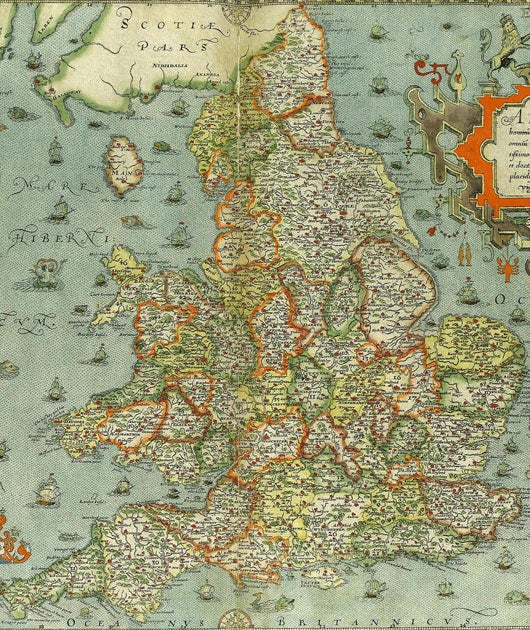
Your support helps us to tell the story
From reproductive rights to climate change to Big Tech, The Independent is on the ground when the story is developing. Whether it's investigating the financials of Elon Musk's pro-Trump PAC or producing our latest documentary, 'The A Word', which shines a light on the American women fighting for reproductive rights, we know how important it is to parse out the facts from the messaging.
At such a critical moment in US history, we need reporters on the ground. Your donation allows us to keep sending journalists to speak to both sides of the story.
The Independent is trusted by Americans across the entire political spectrum. And unlike many other quality news outlets, we choose not to lock Americans out of our reporting and analysis with paywalls. We believe quality journalism should be available to everyone, paid for by those who can afford it.
Your support makes all the difference.What courses? Geography; human geography; physical geography; coastal geography; applied geography; marine geography; environmental geography.
What do you come out with? A BA, BSc or MSci; MA or BSc in Scotland.
Why do it? “There has never been a more exciting time to study geography at university. It helps explain much of what is going on in the world right now, from climate change and the Arab Spring to globalization and natural disasters. Geographers have embraced new digital technologies and media in their field/laboratory work, making the knowledge and practical skills of the modern geographer very relevant to a wide range of employer needs. The employment stats for geography graduates are now better than for most other traditional academic subjects, so if you want to go places at university - and beyond - study geography.” - Martin Degg, head of geography and development studies at the University of Chester
What's it about? There are two main areas: human geography, which is concerned with people and cities, and physical geography, which is more scientific. Most general geography courses cover both areas in the first year before allowing students to specialise in the second and third years, culminating with a dissertation in the final year. Expect to look at people and places, culture in different regions, the way society and nature interact, and the vast array of different landscapes that adorn planet earth. Field trips are a common feature, and while several universities offer a year abroad, nearly all offer shorter residential trips away to explore the physical and social geography of towns and cities across the world. While physical geography degrees are tied closely to politics, economics and cultural studies, physical geography is classed as an environmental science, linked to the likes of geology and ecology. Students are also able to focus even more specifically when it comes to specialised degrees such as coastal geography and marine geography.
Study options: Most courses are three years full-time, or four in Scotland. If it’s an MSci you’re after, then you’ll also be studying for four years. Very few offer sandwich years to work in industry, although a couple do allow you to go abroad, mainly if you’re studying a joint honours alongside a language.
What will I need to do it? Many students have studied geography at A-level, and although it may be helpful, it’s not always essential. The nature of geography is such that it can be tailored to those whose previous expertise lie in humanities, social science, natural or the environmental science, or any combination of these, and therefore, entry requirements are generally flexible. For physical geography courses, sciences are preferred at A-level. Entry grades vary, but for top institutions, you’ll need the grades to match – at Cambridge it’s A*AA, Oxford is AAA, and LSE is AAB.
What are my job prospects? Geography graduates lend themselves to a wide range of jobs. They may go into geography-related careers such as urban regeneration and conservation, or they may apply their skills to a range of other industries, including law, management consultancy and marketing. As for success straight after uni, there’s almost an equal split between those in graduate-level positions, non-graduate positions and further study (28, 29 and 27 per cent respectively), according to The Times’ Good University Guide. Graduate salaries are just below average at £19,856.
Where’s best to do it? Cambridge tops this year’s Complete University Guide, and grabs third place for student satisfaction. Oxford and LSE come second and third overall, while Chester and Glamorgan hold the top two spots for satisfied students.
Related degrees: Earth and environmental sciences; biological sciences; politics and international studies; history; anthropology; earth and environmental sciences; chemical engineering; sociology; ecology; American studies; Arabic and Middle Eastern studies; African studies.
Join our commenting forum
Join thought-provoking conversations, follow other Independent readers and see their replies
Comments